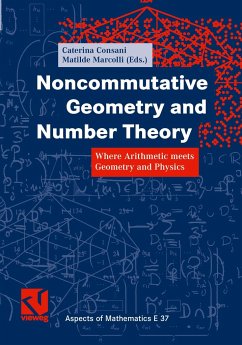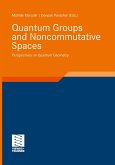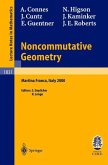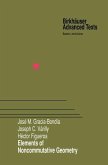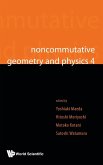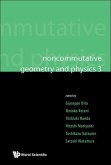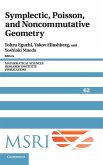In recent years, number theory and arithmetic geometry have been enriched by new techniques from noncommutative geometry, operator algebras, dynamical systems, and K-Theory. Research across these ?elds has now reached an imp- tant turning point, as shows the increasing interest with which the mathematical community approaches these topics. This volume collects and presents up-to-date research topics in arithmetic and noncommutative geometry and ideas from physics that point to possible new c- nections between the ?elds of number theory, algebraic geometry and noncom- tative geometry. Thecontributionstothisvolumepartlyre?ectthetwoworkshops"Noncom- tative Geometry and Number Theory" that took place at the Max-Planck-Institut f¨ ur Mathematik in Bonn, in August 2003 and June 2004. The two workshops were the ?rst activity entirely dedicated to the interplay between these two ?elds of mathematics. An important part of the activities, which is also re?ected in this volume, came from the hindsight of physics which often provides new perspectives onnumber theoretic problems that make it possible to employ the tools of nonc- mutative geometry, well designed to describe the quantum world.
Bitte wählen Sie Ihr Anliegen aus.
Rechnungen
Retourenschein anfordern
Bestellstatus
Storno

